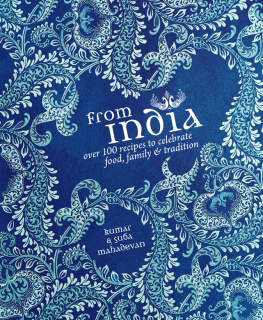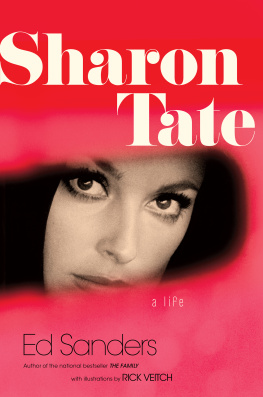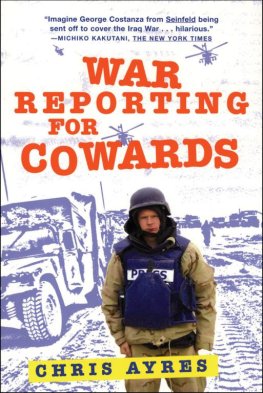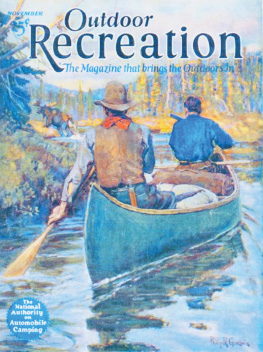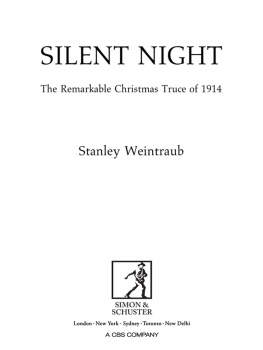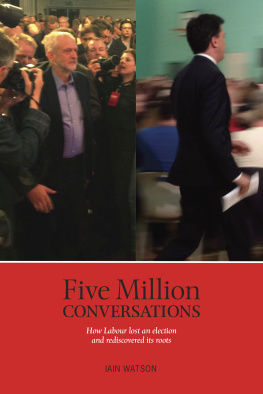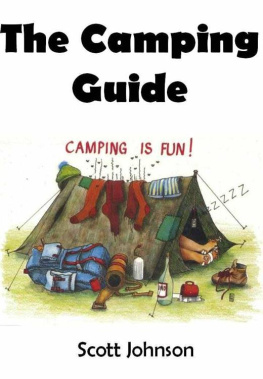Praise for War Reporting for Cowards:
Imagine George Costanza from Seinfeld or one of Woody Allens hypochondriacal heroes being sent off to cover the Iraq War, and you have a pretty good idea of what Chris Ayress hilarious new memoir is like. In War Reporting for Cowards, Mr. Ayres, a reporter for The Times of London, recounts how he went from being the papers Hollywood correspondent, used to interviewing stars and starlets, to being embedded with a group of Marines who called themselves the Long Distance Death Dealers as they helped spearhead the American invasion of Iraq. The book he has written reads as though Larry David had rewritten M*A*S*H and Evelyn Waughs Scoop as a comic television episode, even as it provides the reader with a visceral picture of the horrors of combat and the peculiar experience of being an embedded reporter.
Michiko Kakutani, The New York Times
No one would confuse Ayres, a reporter for The Times of London, with a stolid war correspondent. Instead, hes a pasty-faced hypochondriac who gets transferred from L.A., where he hoped to sink vodka martinis in the Sky Bar, to the front lines of Iraq as a reporter with a Marine battalion who call themselves the Long Distance Death Dealers. Ayress often wry descriptions of preparing to be an embed are imbued with a refreshing Gen-X view of the world. When he buys a tent, it isnt until he practices setting it up that he realizes its the wrong color: I imagined a huge yellow blob appearing on an Iraqi radar screen and a Republican Guard officer pointing excitedly. When the military gives him auto-injectors to counteract chemical attacks, along with the canisters The Times had given me, he writes, I now had enough liquid narcotics to fuel a Hollywood rave. Ayress stories of life with the Marines are grippingin part because hes the perfect neurotic foil.
People
Its a book I was prepared to hate. It was messy and nasty and you were scared? Well, we chose to go into a war zone, after all. Nobody claimed it would be like covering the Academy Awards. But a funny thing happened on the way to fulmination. The more I read the book, the more I liked it. The closest comparison I can come up with is P. J. ORourkes Holidays in Hell. [War Reporting for Cowards is] a helluva book, which is more than most embeds can say.
Scott Bernard Nelson, The Oregonian and
former embed for The Boston Globe
Antiwar only in the sense that it presents an unvarnished (and nauseating) picture of combat, War Reporting for Cowards provides details of conflict journalism that a more daring or combat-seasoned writer might never have thought to record, or would have been ashamed to admit. There is a thin yellow line between functional cowardicewhat we more leniently call self-preservationand the sort of bug-eyed, lip-gnawing panic that makes this book so darkly entertaining. Ayress reports from the front lines of the invading force appeared as lead stories in the [London] Times, and on his return, he was nominated by his peers in the British press as foreign correspondent of the year. From his memoir, it is easy to see why. Beyond the laughs, he powerfully conveys the physical miseries of combat life, the terror of being under bombardment and the ethical impasse of wanting desperately to survive, even if it means the deaths of those on the other side of the battlefield.
Regina Marler, Los Angeles Times
Ayres writes in a breezy, cheeky style that is often very funny. The style fits the books central motif of the combat-averse Gen-X reporter forced to make his way in the vast bureaucratic and technological world of death and destruction that is the modern army. Indeed, Ayress prose is best whenever he describes the machinery of war; the descriptions crackle and vividly call to mind the awesome menace of 20,000-pound trucks, hundreds and hundreds of artillery cannons and massive tanks. Excellent among the best of the growing number of accounts of the Iraq War.
John Brady, San Francisco Chronicle
Ayress book is exciting, revealing, and very, very, funny. Ayres knows his own limitations and never tries to paint his adventure as anything other than it is: a harrowing yet empowering journey for a young man learning he has more about him than he thinks. Ayres makes no attempts to protest or proselytize, and the book is all the better for it. He simply tells his experiences, and tells them delightfully well. And while the book is humorous, Ayres doesnt dodge reality. His experiences at Ground Zero on 9/11 are suitably horrifying and unashamedly gripping. Even the comic absurdity of Ayress presence on the battlefield (a fleshy young man in a bright blue Kevlar vesta natural target, his military handlers gleefully point out) does not lessen the severe reality of the war. War, like life, is full of contradictions. Gung ho Marines can come to appreciate nervous journalists, and a self-professed coward can find within himself his own measure of courage.
Howard Shirley, BookPage
I laughed out loud at Chris Ayress account of his tour in Iraq for The Times of London, recounted in his new book, War Reporting for Cowards. To begin with, Ayres was a foreign correspondent of a different sortassigned to Los Angeles and fully expecting his toughest logistical assignment to be getting a seat at the right table at the right restaurant. But, hung over and half asleep, he offered up an ill-considered Love to! when his editor called one morning and asked if he wanted to cover the war in Iraq. His is the kind of truth and honesty we need more of in journalism: reporters who cheerfully admit that their idea of a hazardous assignment is one in which the pressroom does not have an open bar.
Susan Reimer, The Baltimore Sun
British journalist Chris Ayres, who covers the U.S. West Coast for The Times of London, never aspired to be a war correspondent, to say the least. But a few twists of fate found him with a notepad on the front line in Iraq, where he almost died of anxiety. He recalls his brief, brief stay in the war zone in his new, laugh-out-loud memoir, War Reporting for Cowards.
Andrea Sachs, Time
From Falstaff to Bob Hope, Woody Allen to Yossarian, Flashman to Barney Fife, the comic coward has a great, if cowering, lineage. A reminder that we are flesh and blood, that life is worth living, the chick-enhearted soul embodies the reality principle in actionthe action, mostly, of escaping death. Chris Ayress War Reporting for Cowards is the frazzled, initially hilarious account of his efforts as a London Times journalist determined not to get the inside story of 9/11, the anthrax attacks, or the Iraq War. Much of the books setupits immediate plunge into the Iraq War and then its flashback to fill in how the poor schmo got thereis wonderfully funny, perfectly pitched. And one of the more accurate reports of reporting today In [Evelyn Waughs] Scoop [John] Boot winds up the hero but fails even to show up for his own awards dinner. Mr. Ayres doesnt manage all of that as his stint under fire is halted. His book turns rather touching, though, as he tries to assess what it has meant. The lamb may not become a lion, perhaps, but he does toughen up. His wool, as it were, gets a bit steelier.
Jerome Weeks, The Dallas Morning News
Ayres is embedded with a force of invading Marines on the front lines, and this hilarious and disturbing account of a man who wants nothing more than Starbucks in the morning is the result.
The Times-Picayune (New Orleans)
No American war correspondent would have dared to write War Reporting for Cowards. His account is seething with fearful (and very funny) thoughts. [Ayres also] has a keen sense of the ridiculoushe sees the bleak humor in the military guidelines on How to Deal with a Dead Media Representative. One of the most powerful chapters deals with the terror attacks of September 11. Ayres was in New York that day, and his descriptions are wrenching, sympathetic, and somehow wry. Much has been written about that day, but here truly are some fresh views. On September 11 and on the battlefront, Ayres demonstrates he is not an adaptable man, and perhaps that is the best thing about his perspective. He never really accepts his circumstances, stubbornly refusing to create what is sometimes called a new normal. He just wants the old normal back. Dont we all?
Next page





